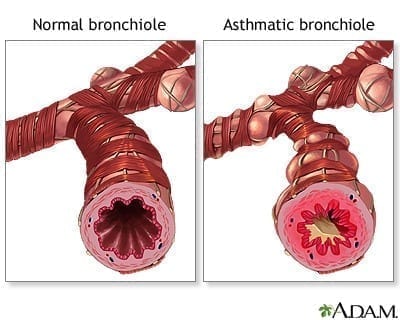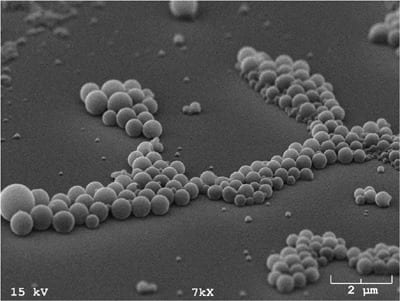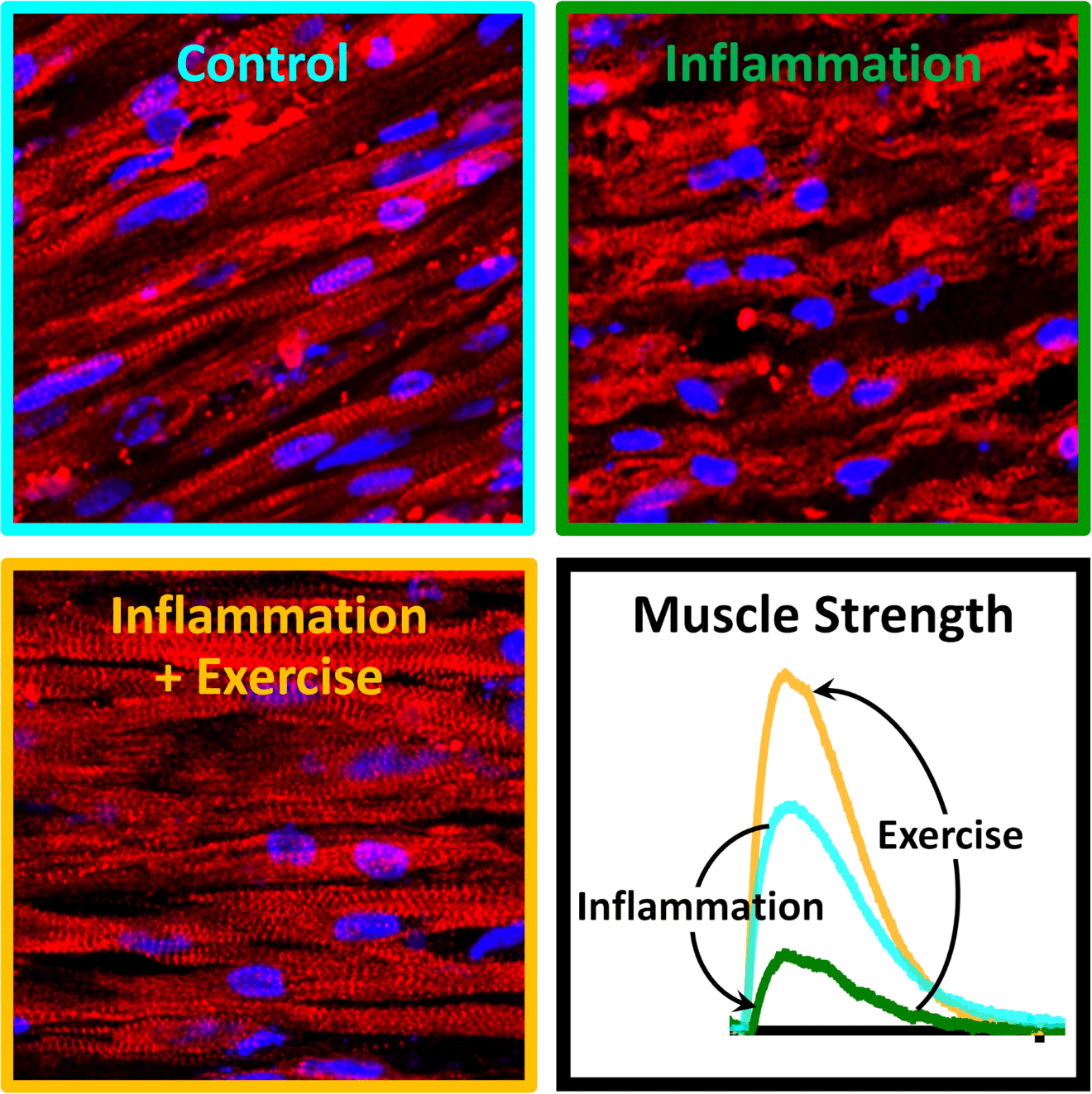
via MedicinePlus.gov
Researchers disrupt molecule that causes excess mucus in lungs, may prompt new treatments for pulmonary disease
The Latest Updates from Bing News & Google News
Go deeper with Bing News on:
Asthma
- World Asthma Day: Kolkata's CMRI launches 'Severe Asthma Clinic'
Kolkata/IBNS: Observing World Asthma Day, the Calcutta Medical Research Institute (CMRI) in Kolkata on Tuesday announced the launch of 'Severe Asthma Clinic' to provide treatment for asthma and lung ...
- Professional Faqs: How Does Low Temperature Affect The Risk Of Infections For People With Asthma And What Precautions Should They Take?
Low temperature can increase the risk of infections in people with asthma. Low temperature causes broncho-constriction, leading to increased mucus production and difficulty in the expiration of ...
- World Asthma Day 2024: Date, History, Significance, and Everything You Need to Know
Asthma, a chronic long-term lung disorder, constricts and inflames the airways, hindering the passage of air to the lungs and causing breathing difficulties.
- The 11 workers most at risk for developing asthma — did your job make the list?
A law firm that specializes in industrial disease cases is revealing the 11 types of employees it claims are at higher risk for asthma due to frequent exposure to irritants — including hairdressers, ...
- Green Ribbon Panel Unveils New Policy Recommendations for Green Economic Growth on World Asthma Day
Today, World Asthma Day, the Green Ribbon Panel announced its continued work to advance policy recommendations that keep Canadians’ air clean while also supporting economic growth. “Getting the right ...
Go deeper with Google Headlines on:
Asthma
[google_news title=”” keyword=”asthma” num_posts=”5″ blurb_length=”0″ show_thumb=”left”]
Go deeper with Bing News on:
Reversing asthma
- Could better asthma inhalers help patients, and the planet too?
Some doctors are promoting propellant-free inhalers over puff inhalers that emit greenhouse gases. Climate change can exacerbate respiratory ills because of more fires, air pollution and allergens.
- Could Better Inhalers Help Patients, and the Planet?
These conditions can make breathing more difficult — especially for people with asthma and chronic obstructive pulmonary ... Divo is one of a small but growing number of U.S. physicians determined to ...
- Asthma News
May 3, 2024 — A new study of air pollution in U.S. homes reveals how much gas and propane stoves increase people's exposure to nitrogen dioxide, a pollutant linked to childhood asthma.
- What Is a Reverse Stock Split?
Reverse splits cut shares, boost prices to meet exchange rules or attract investors. Exchange multiple shares for fewer, raising per-share price. Reverse splits, often seen as trouble signs, need ...
- Wildfires Contributing To U.S. Air Pollution Levels, Study Finds
Extreme heat and wildfires are contributing to unprecedented levels of air pollution in the United States, according to the American Lung Association study.
Go deeper with Google Headlines on:
Reversing asthma
[google_news title=”” keyword=”reversing asthma” num_posts=”5″ blurb_length=”0″ show_thumb=”left”]










